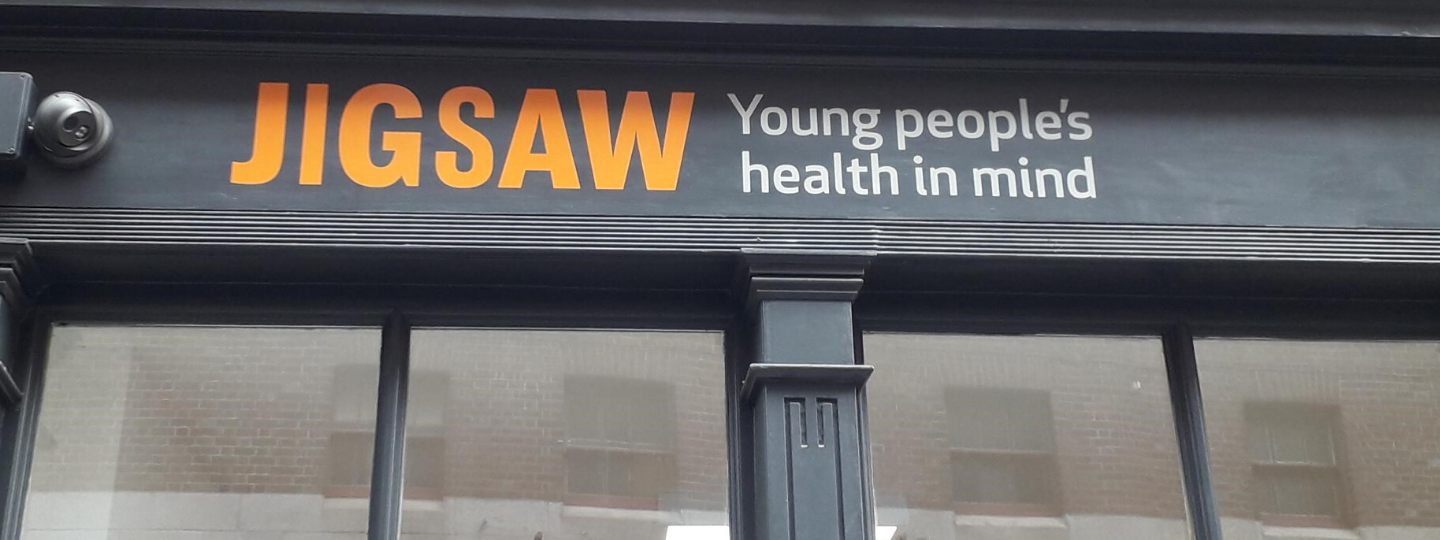At Jigsaw, we know early intervention can make a huge difference to a young person’s mental health. Offering support early on can prevent a young person’s mood from deteriorating and possibly avert a crisis.
To act early, you need to know what to look out for. And how to tell if someone is beginning to struggle with their mental health.
Recognising signs
We have all had those moments where we recognise a young person not quite seeming themselves.
It might be something they say or do, or something they fail to do, that lets us know they may be struggling with their mental health. We all have our off days. It is important to acknowledge and to talk about this.
However, there are some changes in how a young person is acting, thinking or feeling that can be first signs they are struggling.



